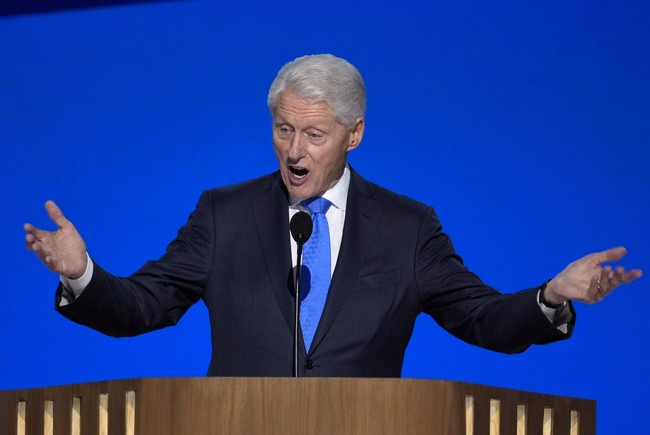Justice Department Urges Memphis Police Reforms
In the wake of Tyre Nichols' death, the DOJ finds Memphis police engaged in excessive force and discrimination, sparking calls for reforms to restore public trust.
Published December 06, 2024 - 00:12am

Image recovered from stltoday.com
The U.S. Department of Justice has sounded a clarion call for imminent and significant reforms within the Memphis Police Department, following a thorough investigation revealing systemic misconduct and discrimination. This investigation, initiated in July 2023, was a pivotal response to the tragic death of Tyre Nichols, who was beaten by police officers after a traffic stop in Memphis.
According to the report, officers of the Memphis Police Department have persistently breached the rights of the communities they are charged with protecting. The specific allegations include excessive force, discrimination against Black individuals, unlawful stops, searches, and arrests. These actions not only infringe upon constitutional rights but also fundamentally undermine public trust and civil liberties in the city of Memphis.
The incident involving Tyre Nichols stands as both a catalyst and a stark illustration of the problems within the Memphis Police Department. Video evidence depicted officers using pepper spray and a Taser on Nichols before pursuing and eventually beating him to death. These actions occurred barely a few steps from his residence, with Nichols pleading for his mother during the incident. Such harrowing imagery has amplified the cries for police reforms across the United States.
The findings of the DOJ's investigation are not limited to individual incidents but point towards a deeper, systemic issue within the department's practices. The investigative report highlights that Black residents bear the brunt of these practices disproportionately, raising concerns over racially biased policing. Additionally, the department faces criticism for its interaction with residents with behavioral health disabilities, and its aggressive policing tactics that flood neighborhoods, often referred to as 'saturation'.
Memphis city officials, while acknowledging some of these issues, have expressed hesitation in immediately entering into substantial federal oversight or a consent decree—a legally binding agreement that often mandates wide-ranging reforms. City Attorney Tannera George Gibson emphasized the need for the city to meticulously review and, if necessary, contest the findings, before consenting to prolonged federal oversight.
This stance echoes past concerns about the federal oversight process, especially considering previous Republican administration policies which restricted such interventions. However, the current demand for accountability and transparency compels local authorities and federal entities to navigate these complex negotiations carefully.
Within the legal realm, three Memphis officers were recently convicted of witness tampering in a federal court, linked to their attempts to cover up their involvement in Nichols' death. Other officers involved face varying outcomes in ongoing state and federal cases, with some pleading guilty to lesser charges.
This investigation is among several launched by the DOJ into police departments across the country, drawing parallels to similar findings in cities like Minneapolis and Louisville. These investigations underscore a national reckoning with how law enforcement intersects with civil rights.
Assistant Attorney General Kristen Clarke emphasized the urgent need for reform, stating that Memphis residents deserve policing that honors their rights and fosters safety and trust. The Justice Department plans to engage with the Memphis community to discuss potential remedies and reforms. This dialogue aims to address the pressing gaps in accountability and foster a sustainable path forward, ensuring the Memphis Police Department can serve as a protective rather than oppressive force.
Indeed, while the road to reform may be challenging and multifaceted, the momentum generated by these findings presents an opportunity for meaningful change. It highlights the imperative of building community trust, ensuring transparent and accountable law enforcement, and ultimately meeting the constitutional mandate for all citizens, regardless of race or background.







